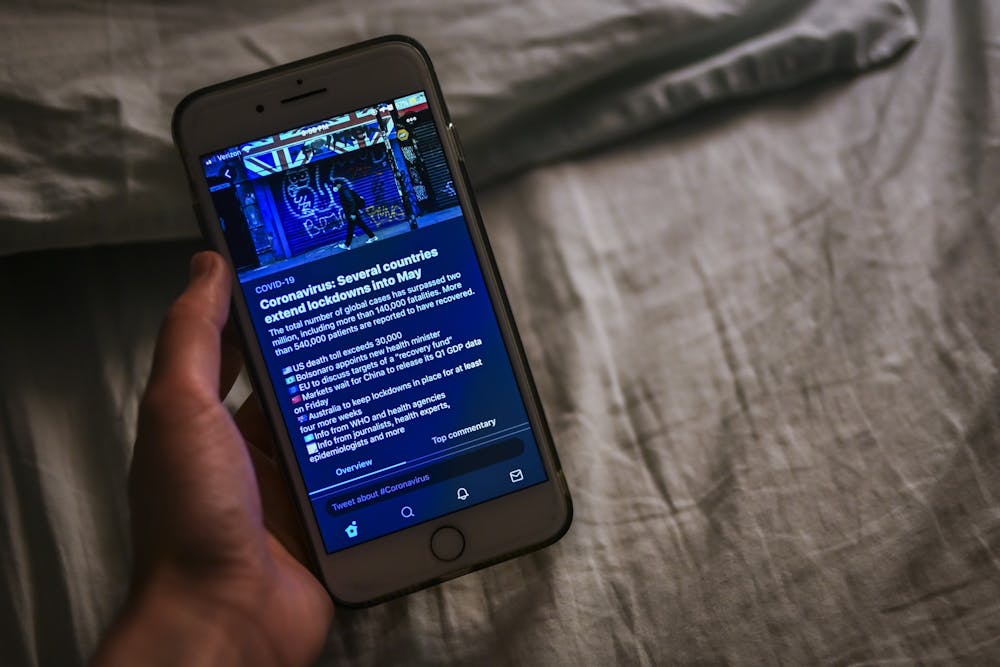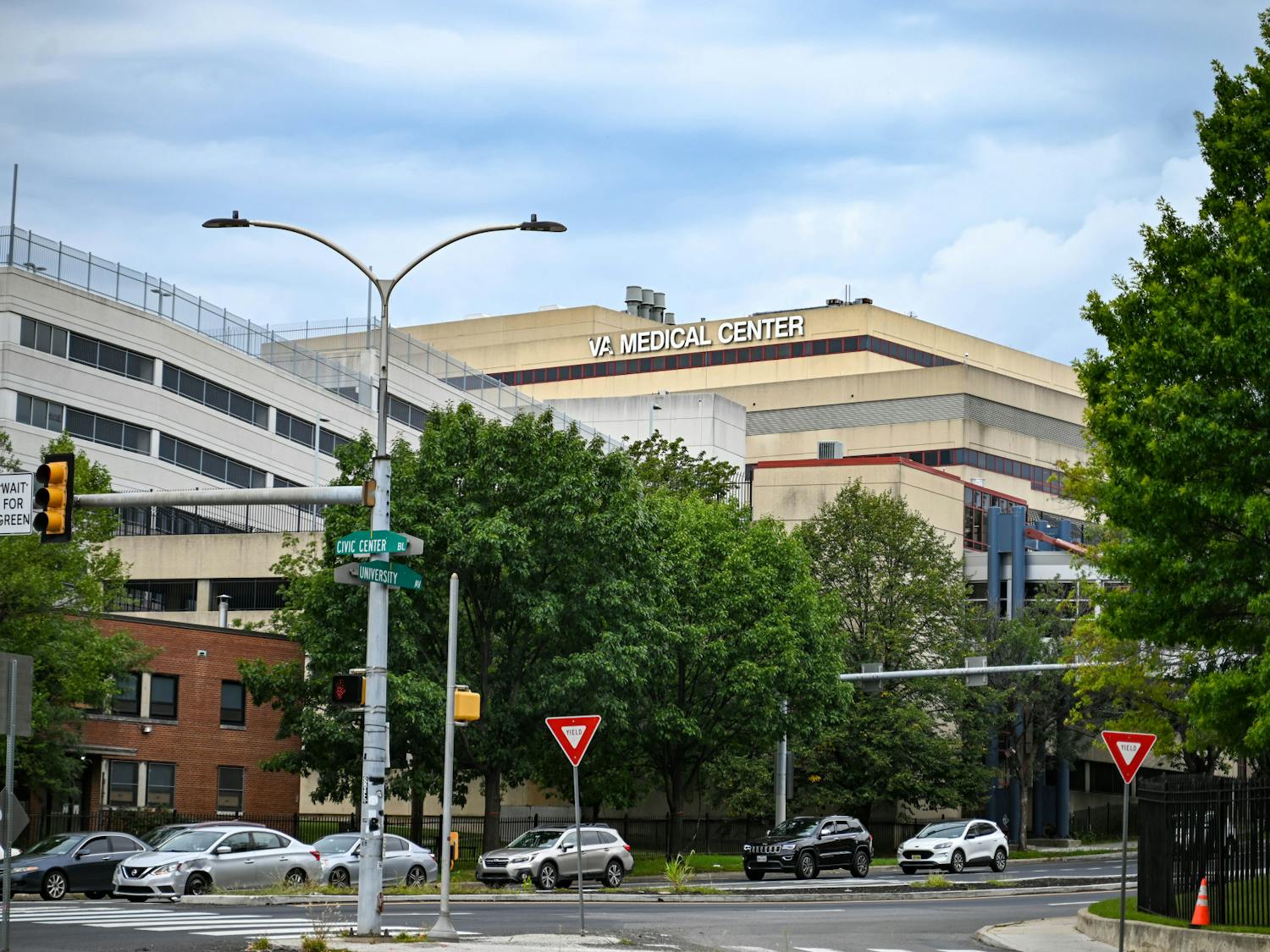Researchers at the Penn Medicine Center for Digital Health have created a map that collects tweets about the coronavirus and plots their location across the country.
The map intends to help physicians and health officials identify new hotspots for the virus and track how the pandemic is evolving. It charts changes in language about how the pandemic is perceived, COVID-19 symptoms, and common topics like health care, panic buying, politics, and economics. Researchers analyze between four to five million coronavirus-related tweets each day, The Philadelphia Inquirer reported.

The researchers found that Twitter engagement about the virus has increased in the last month, along with more language about stress and anxiety, the Inquirer reported.
Raina Merchant, an associate vice president at Penn Medicine and an associate professor of emergency medicine, wrote that “integrating social media as an essential tool in preparedness, response, and recovery can influence the response to COVID-19," in an article published in JAMA Network.
Merchant told the Inquirer that shelter in place orders during the coronavirus pandemic have led to organic communication and information sharing on social media in a different way from previous health crises.
Center for Digital Health research scientist Sharath Guntuku noticed different trends depending on the state, the Inquirer reported.
“Some states are talking about behaviors like social distancing and washing your hands," Guntuku told the Inquirer. "Other states are talking about things being canceled in states that haven’t been hit as hard yet.”
RELATED:
Former Obama healthcare advisor criticizes government’s coronavirus response at PWH event
Four Penn grads are mass-producing 3D-printed face shields to protect healthcare workers
Merchant told the Inquirer that social media platforms can be used to direct people to reliable sources, like the Centers for Disease Control and Prevention and the World Health Organization, to get information about the coronavirus.
Merchant and her team hope they will be able to leverage the map to identify false information about the coronavirus in the future, the Inquirer reported.
“It’s really important to us that people are directed to places where they can get accurate, up-to-date information,” Merchant told the Inquirer.









